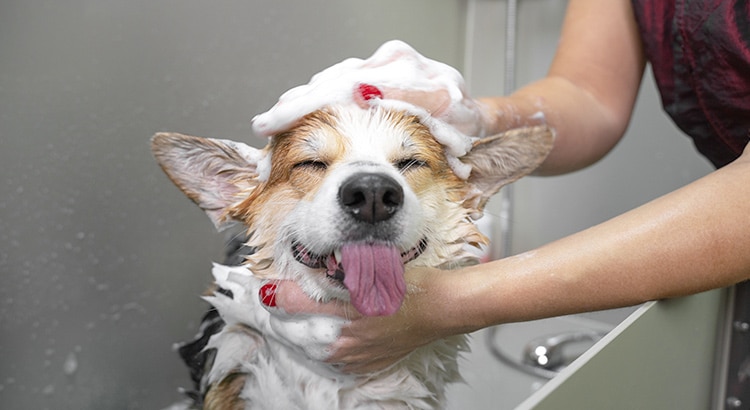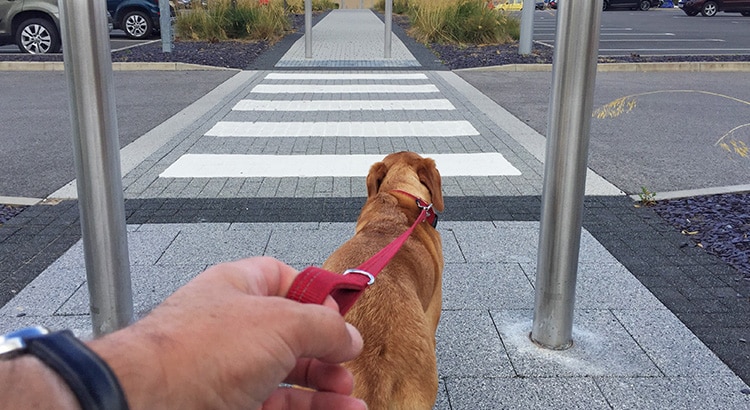
What is pet planning? I’ve often wondered, “If something were to happen to us, what are our pet protection options for our five dogs?” After recently experiencing the unexpected loss of a family member, and overcoming the hurdle of rehoming four dogs, this question then became startling. I didn’t have an answer. For other reasons, I turned to Legal Zoom in search of some documents where I stumbled upon one titled “Pet Protection Agreement”. As a responsible pet owner, and due to my recent experience, I wanted to explore and dig deeper into learning about pet planning.
The Importance of Veterinary Advancements and Pet Longevity
As modern veterinary medicine continues to progress, the duration of an animal’s life is increasing as well. According to Cesar’s Way, some of the longest living dogs have average age ranges between 15-18 years. His list includes Maltese, Beagle, Australian Shepherd, Shih Tzu, Lhasa apso, Cockapoo, Jack Russell terrier, Toy poodle, Chihuahua, and New Guinea singing dog.
Understanding Pet Protection Agreements
According to Legal Zoom, a Pet Protection Agreement is a simple form which allows you to name a pet guardian to care for your pet(s) in the event you are unable. Pet planning provides you with the ability to label contingencies so that your pet will be cared for the way you would care for them as their owner. You have the option to provide monetary support from your estate to your pet’s guardian. This form could ultimately save your pet’s life and avoid them being tossed into a shelter where euthanizing is an option. All-in-all, a Pet Protection Agreement establishes continued care for your pet(s) when you are incapable of caring for them yourself.
Will vs. Trust: Choosing the Best Option for Your Pet
Other pet protection documents include numerous types of wills and trusts. A lawyer will help you decide what type of document best suits you and your pet’s needs. One drawback of a will is that it goes into effect upon your death. Therefore it does not designate someone to care for your pet should you become ill or incapacitated. A trust, however, created separately, can provide immediate care for your pet in any event that you are unfit to care for them. When you create a trust for your pet, you can also set aside money to be allocated to the person taking on the caregiving responsibilities. Once the most suitable document for your situation has been created, leave a copy with the person you’ve chosen as the executor of your estate as well as with your pet’s designated caregiver so that he or she can look after your pet immediately. This form is where you could list your Pin Paw’s account details for full access to your pet’s vital information.
Implementing Your Plan: Practical Steps and Tools
Each Pin Paws fulfillment kit offers a wallet card which can be used to access your pet’s information in the event you become ill or pass away.
It is recommended to place a non-permanent sticker on an easily noticed window at your home indicating how many animals are in the home. This will alert firefighters, family members, and emergency pet caregivers. Your designated caregiver should have a key to your residence, be informed of any crucial pet medications, veterinary information, and any special instructions. Again, all vital information can be accessed through your Pin Paws pet profile page. It is important to ensure your elected pet caregiver has access to this information.
Legacy Planning for Pets: Estate Contributions to Animal Welfare
You can also designate within your document if you want any of your estate proceeds to be donated to a rescue or shelter. Keep in mind that most humane organizations do not have space or funds to care for your pet indefinitely and cannot guarantee that someone will adopt your animal. Completing these documents is important as a responsible pet owner, as is maintaining an updated Pin Paws profile.




